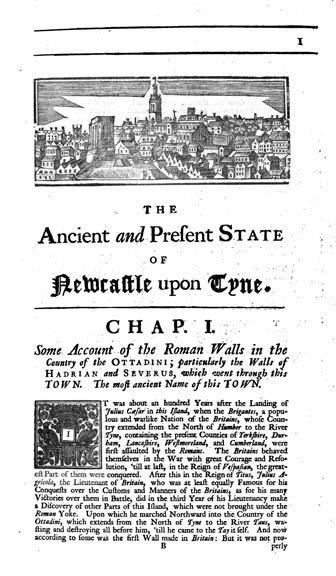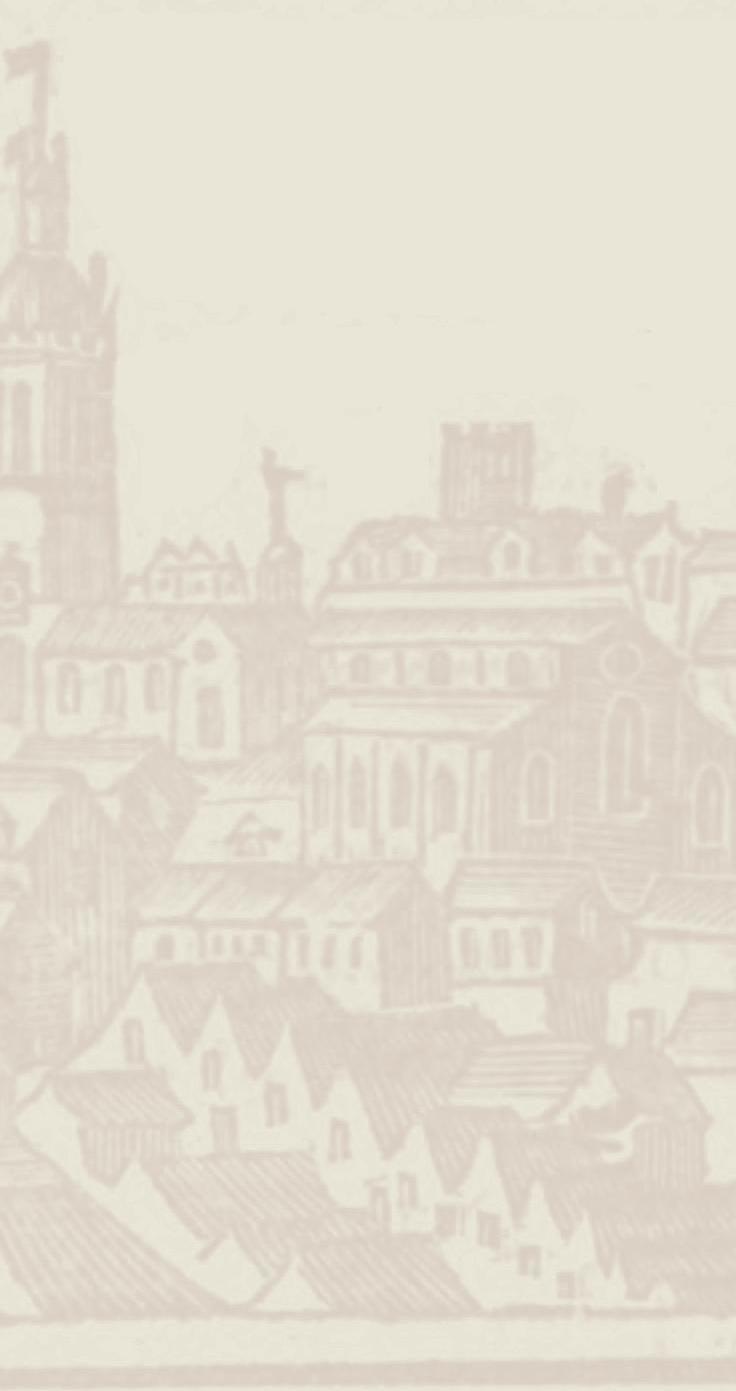
2 minute read
Henry Bourne
from ONA 101
“We should remember him with affection”
I wrote previously of a distinguished Old Novo in TheSchool Song, Mark Akenside (1730s). Also in the song are Henry Bourne (unkown-1709) and John Brand (1750s, 1778-1784). The composer of the song, JB Brodie (1898-1928), with fellow master at the school AR Laws (1892-1928) produced a pocket-size story of RGS in 1924 and wrote of these historians of Newcastle as two who, ‘carved their name on the pinnacle of fame’. There is a connection between them, as I shall explain. As an aside, each pupil, on entry to RGS, received a copy of this history; I still have mine. In this edition of the ONA Magazine I shall focus on Bourne, but cannot ignore the later involvement of Brand, who drew upon Bourne’s work. By Alan Castree (53-61)
Advertisement
The History of Newcastle upon Tyne: or the Ancient and Present State of That Town, published posthumously in 1736


Bourne began life as apprentice to a glazier, but his display of high intellect allowed him to cancel his indentures and attend RGS. He progressed to Christ’s College, Cambridge, gaining his BA and MA, returned to the North East and became curate at All Hallows Church, Newcastle, where he remained until his death. Bourne married twice, his first wife dying young. He had five children of whom only two survived infancy and outlived him.
In1725 he published Antiquitates Vulgares or, the Antiquities of the Common People. The title may suggest a condescending view of the average citizen’s uncritical adherence to enduring folklore, but perusal of the text shows that this is not so. It is a pleasure to read, gentle in its approach to each topic. Bourne had sympathy for people less fortunate than himself and the work gives examples of popular superstitions of the day, some religious and some of ‘heathen’ origin.
Bourne weighs up the credibility of each belief in relation to the thinking of his day. He is critical of pre-Reformation monks for exerting unfair influence over less learned people. He describes the monks as, ‘indolent, who, …with nothing else to do, were forgers of many wicked opinions to keep the world in awe and ignorance’.
He singles out for criticism and for discontinuance those practices that he considered to be ‘popish and heathen rituals which, masquerading as traditional customs, led to uncleanness and debauchery.’ The work’s value is as a contemporary account of common beliefs and it served as a foundation for future records. It became scarce, was in demand and sold at a high price. (John Brand republished it, with his own interpretations and additions as Observations on the Popular Antiquities of Great Britain in 1777.)
In 1727 Bourne published A Treatise upon the Collects, Epistles and Gospels of the Book of Common Prayer, a focus upon the harmony that the Book of Common Prayer brought to the liturgical year each Sunday. He gained the honour of a lectureship on the subject.
Towards the end of his short life he produced The History of Newcastle upon Tyne: or the Ancient and Present State of That Town, with an engaging account not only of the City’s past but also of its life in his time. Sadly, he encountered difficulty in gaining access to many historical documents, simply, it seems, because he lacked powerful patronage and support. Bourne’s frustrations contrast sharply with the success that Brand achieved in his access to sources later.








